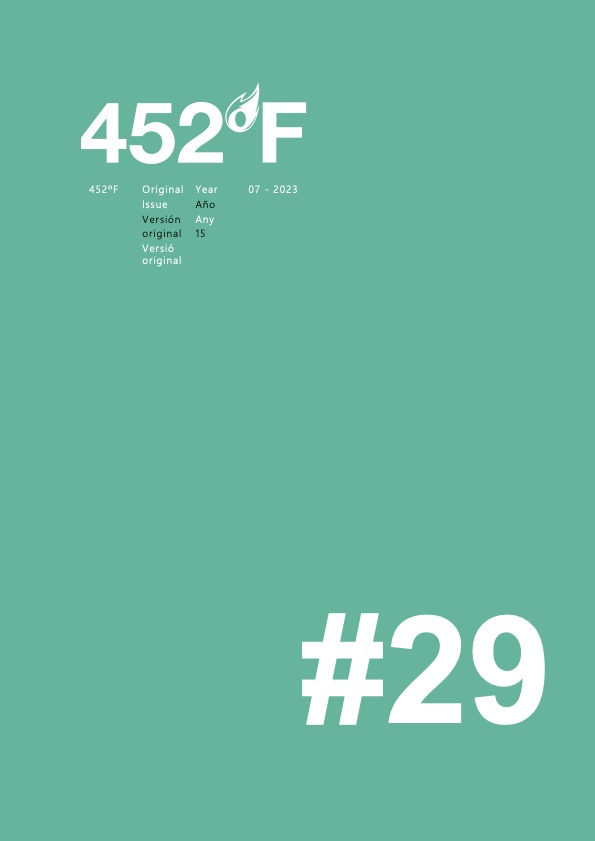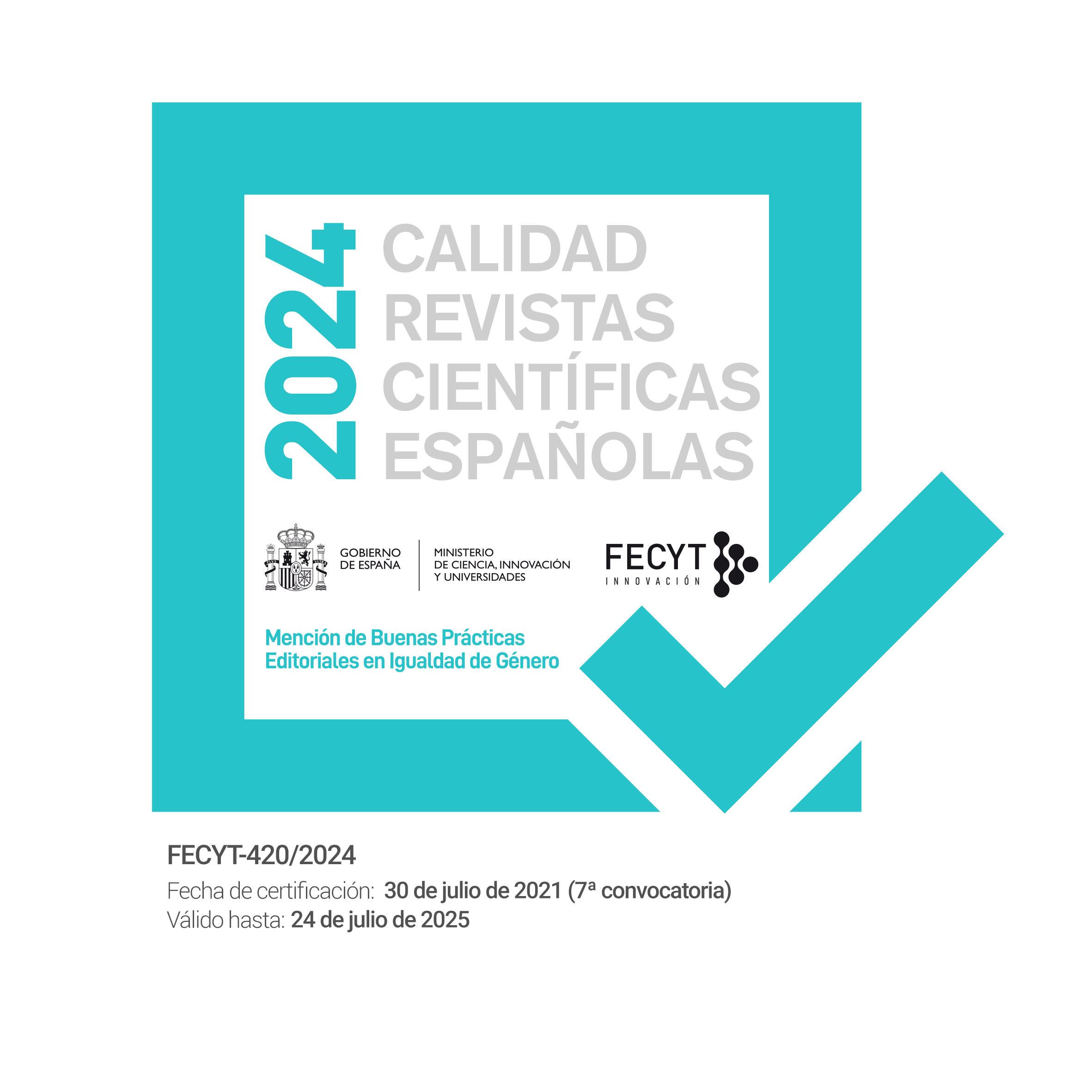Can a Plant Write? Plant-based Criticism in the Age of the Extinction of Theory
DOI:
https://doi.org/10.1344/452f.2023.29.4Keywords:
Nature, Vegetal writing, Vegetal criticism, Plant theory, PlantsAbstract
This article problematizes the vegetalist tone adopted recently in literary criticism and in some debates in contemporary philosophical thought. By assuming the epistemological procedure of thinking non-human lifeforms, plant-sensitive writing questions the correlation between thought and climate crisis, since it asks how to continue thinking critically in a context of ecological devastation. The hypothesis of the article is that plant-sensitive writing is an attempt to escape the modern concept of nature anchored to the general framework of modern literature and, by extension, the assertion of a type of extinction writing in a context of extinction theory. Thus, the article is divided into two parts. The first part discusses the theoretical yield of plant-sensitive writing and analyses the critical conditions for subscribing to an American phytoaesthetic. The second part postulates the notion of plant criticism as a form of theoretical practice charged with describing lesser forms of life for Western metaphysics and, therefore, the revitalization of the plant and sensory dimension of thought. The conclusion of the article is that plant-sensitive writing leads towards the mystery of human rationality —aesthesis— and, thus, constitutes the first sensitive expression of human habitation.Downloads
Published
How to Cite
Issue
Section
License
All contents published in the journal are protected under a Creative Commons BY-NC-ND license. This corresponds to legislation within Spain, and does not allow commercial use of the texts. It is not possible to modify the contents either.
General information.
Comparative Literature magazine 452ºF [ISSN 2013-3294] is a publishing project coordinated by Asociación Cultural 452ºF, and developed by its Editorial board.
Access to the Contents and Copyright.
All contents published in the journal are protected under a Creative Commons BY-NC-ND license. This corresponds to legislation within Spain, and does not allow commercial use of the texts. It is not possible to modify the contents either.
Every person has free access to the contents of the journal as long as they understand and assume that no profit is to be made on other people’s work.
In all cases, the original source name of the online journal and the article must be mentioned when used for any purposes.
Basic Conditions of all Call for Papers.
- 1. The author accepts that sending the paper:
- a. Does not guarantee the publication of it.
- b. Is done in accordance to the style-sheet of the magazine and the requirements of the specific call for papers.
- c. Implies the non-exclusive transferring of the first publication rights of the paper, as long as it is selected to be published in the journal, to theAsociación Cultural 452ºF, under a Creative Commons BY-NC-ND license.
- 2. The journal 452ºF, in due respect to moral rights of a copyright, guarantees that:
- a. All papers will be evaluated according to the procedure already mentioned.
- b. All authors will receive either a positive or negative answer to their sending a paper for publication.
- c. All papers will be published unabridged. The journal might make changes in the typographical disposition according to the needs.
- d. All papers will be published under a Creative Commons BY-NC-ND license.





